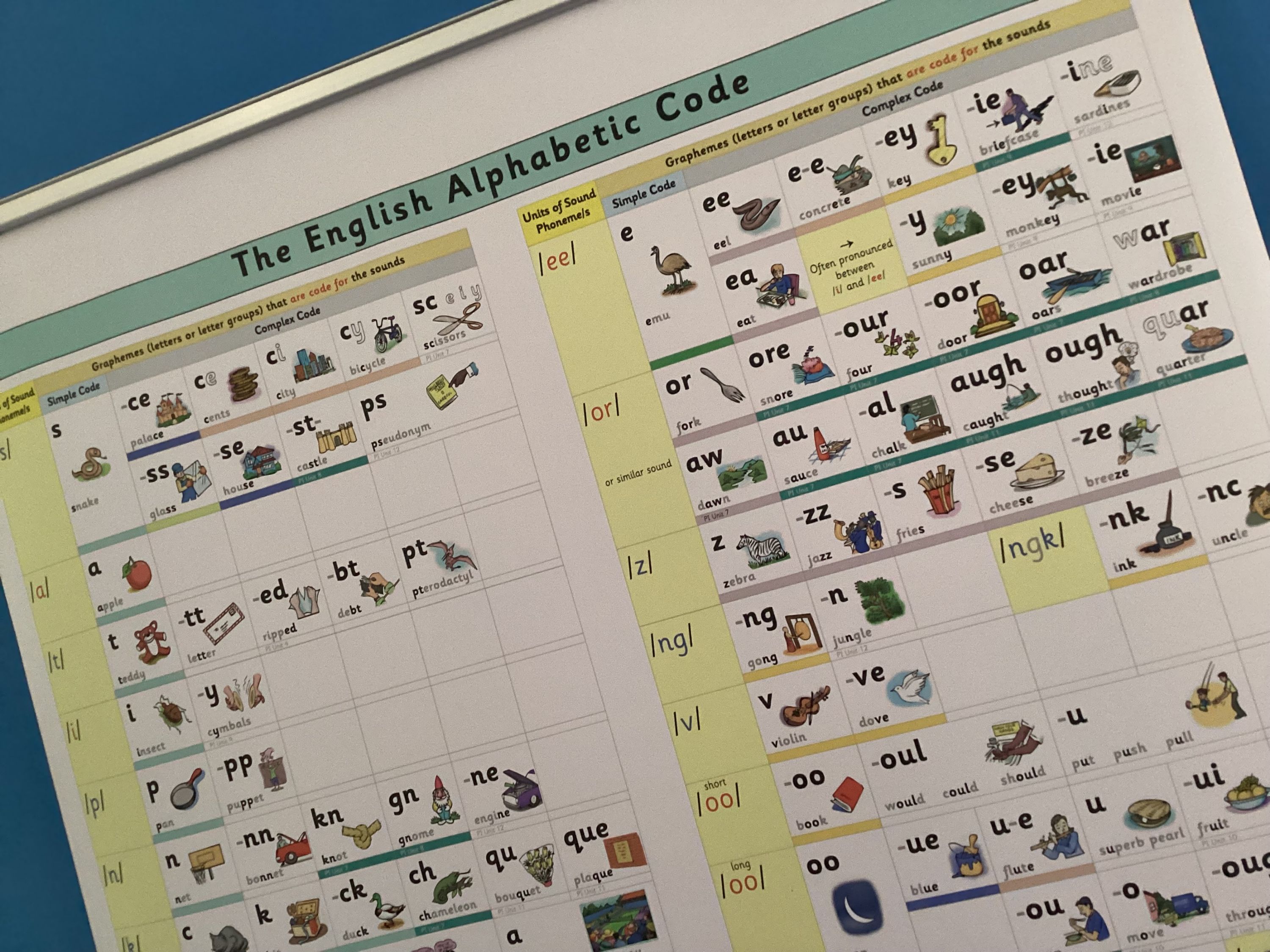Writing at CKIS
Our vision for writing at CKIS
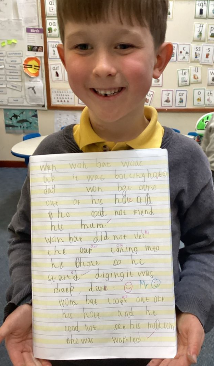
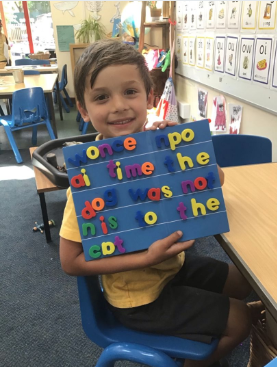
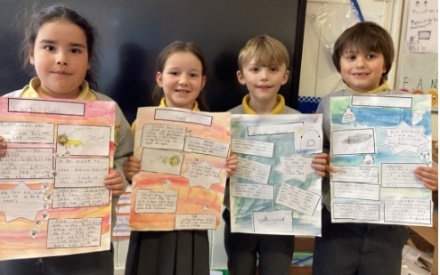
We believe that all pupils at CKIS will experience the beauty, power and enjoyment of writing and develop a sense of curiosity about the subject. We aim to raise the profile of writing by demonstrating to children how useful and powerful writing is as a means of communication. We aim to promote an interest in the subject and to develop an understanding of it, as a tool to engage with the world.
At CKIS, we foster positive ‘can do’ attitudes, believe all children can achieve in writing, and teach a secure and deep understanding of the basics of writing to prepare children as they move on to the junior school.
We use mistakes and misconceptions as an essential part of learning and encourage children to take risks whenever possible.
Purpose and aims of Writing (Intent statement)
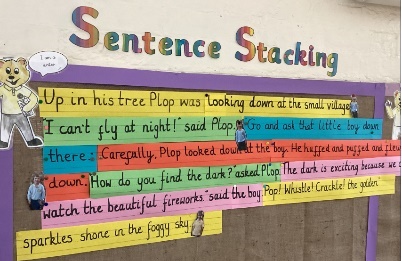
Our curriculum has been developed over time through:
• Training in ‘The write stuff’ approach.
• Involvement in the local English lead meetings
• Discussions with our partner junior school
• Evaluations from external advisors and experts
• Networking with other schools and settings
Our curriculum provides a broad range of experiences for our pupils: Our pupils’ backgrounds, our culture and our climate for learning provide the following drivers that underpin ALL areas of our Writing curriculum:
- Learning to learn - which helps pupils to concentrate and focus and build resilience as learners
- Culture and Diversity - which helps pupils to develop enquiring minds about the wider world
- Environment and Community - which helps to instil in our pupils a respect for our environment and for our local and wider communities
– Creative arts and physical development - which helps our pupils to express themselves and excel as holistic learners
We aim for all pupils to:
• become fluent in the fundamentals of writing (see year by year Curriculum Maps) so that they develop confidence and independence.
• develop an increasing awareness of audience, applying their writing to a variety of genres with increasing sophistication.
• develop a fluent joint writing style by the time they leave year 2
The teaching of writing at CKIS (Implementation)
Planning in the EYFS follows the Early Years Foundation Stage Statutory Framework and is supported by Jane Considine’s ‘The Write Stuff’ approach. Children in Reception are taught writing systematically using ‘Phonics International’ to develop a strong phonological understanding that will become the bedrock of their future success. There is a significant emphasis on learning the GPCs and applying these in word level work. Children are encouraged to use, enjoy, explore, practise and use their developing writing skills both in daily writing sessions and in their continuous provision (Challenge Time). Children have access to phonics scaffolds and resources such as scaffolds and talk tins are used to supplement the teaching and learning of writing.
In KS1 we use the ‘Write Stuff’ approach which is based on the National Curriculum Writing Programme of Study and provides a progressive mastery curriculum. Writing is taught to children through carefully planned whole-class lessons that aim to develop their creativity and basic skills. To ensure that every child can access learning, key concepts are broken down into smaller steps. Some children may require additional resources, support, and scaffolding. The development of conceptual understanding is facilitated using Widget symbols, adult support and memory aids. Children are encouraged to discuss their thinking throughout their writing lessons. This approach helps children to achieve a deep understanding of key writing concepts that can be sustained over time. As children build on prior knowledge, they consolidate key skills they have already learned. Classroom displays include ‘Sentence Stacking’ walls to celebrate success and provide reference to key vocabulary and grammatical structures.
Effective questioning and use of discussion techniques assess children’s knowledge, and enable teacher to adapt lessons to respond to pupils needs. Model sentences provided by teachers scaffold children’s language choices and extend their vocabulary.
In addition to daily writing lessons, students also engage in daily phonics lessons. During these lessons, children have the opportunity to revisit previously taught GPCs and grow their knowledge of the alphabetic code. Every phonics lesson includes dedicated encoding practice to improve children’s spelling skills.
Writing Lessons in KS1 – approx. 1 hour
In KS1, lesson focus on one of three key areas the develop inspiring writers. All learning is built around the English National Curriculum 2014.
Typical Unit design:
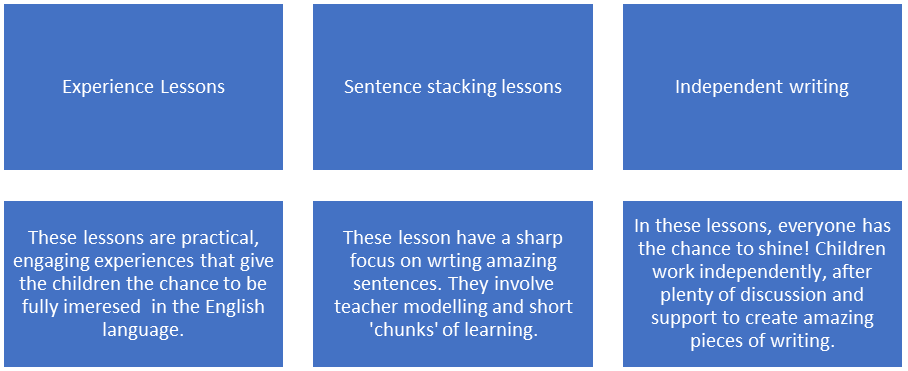
We ensure the children are ready for the KS2 curriculum by carrying out detailed handover meetings with the Year 3 (Y3) team at Charlton Kings Junior School (CKJS). CKJS use a similar approach, therefore the children are well equipped to access the writing lessons. We share assessment data with CKJS teachers to show individual strengths and areas for development. The Y3 teachers visit the Y2 classes in the summer term to see the children during a typical writing lesson and have discussions with the Y2 staff. In the autumn term Y2 staff visit the Y3 classes to answer any questions and check the children are on track with their learning.
Vocabulary plays a key part in our writing learning across the school. Key vocabulary for each topic is clearly displayed for all children to see. From Kindergarten to Y2 we use a range of literature, rhymes and songs to help engage our children and embed their learning.
Demonstrating learning
In the EYFS children demonstrate their understanding through their responses in lesson time, when completing challenges in the continuous provision and during day-to-day classroom life. Children have writing books where their guided writing tasks are recorded and where they have to chance to demonstrate their independent writing skills. Teachers may choose to record samples of the children’s learning by placing an observation on See-Saw or by storing written evidence in their folders.
In KS1 pupils demonstrate their learning in their writing through writing books and through cross curricular writing during our challenge time. These are observed and could be recorded using Seesaw.
Please see our writing progression documents below

